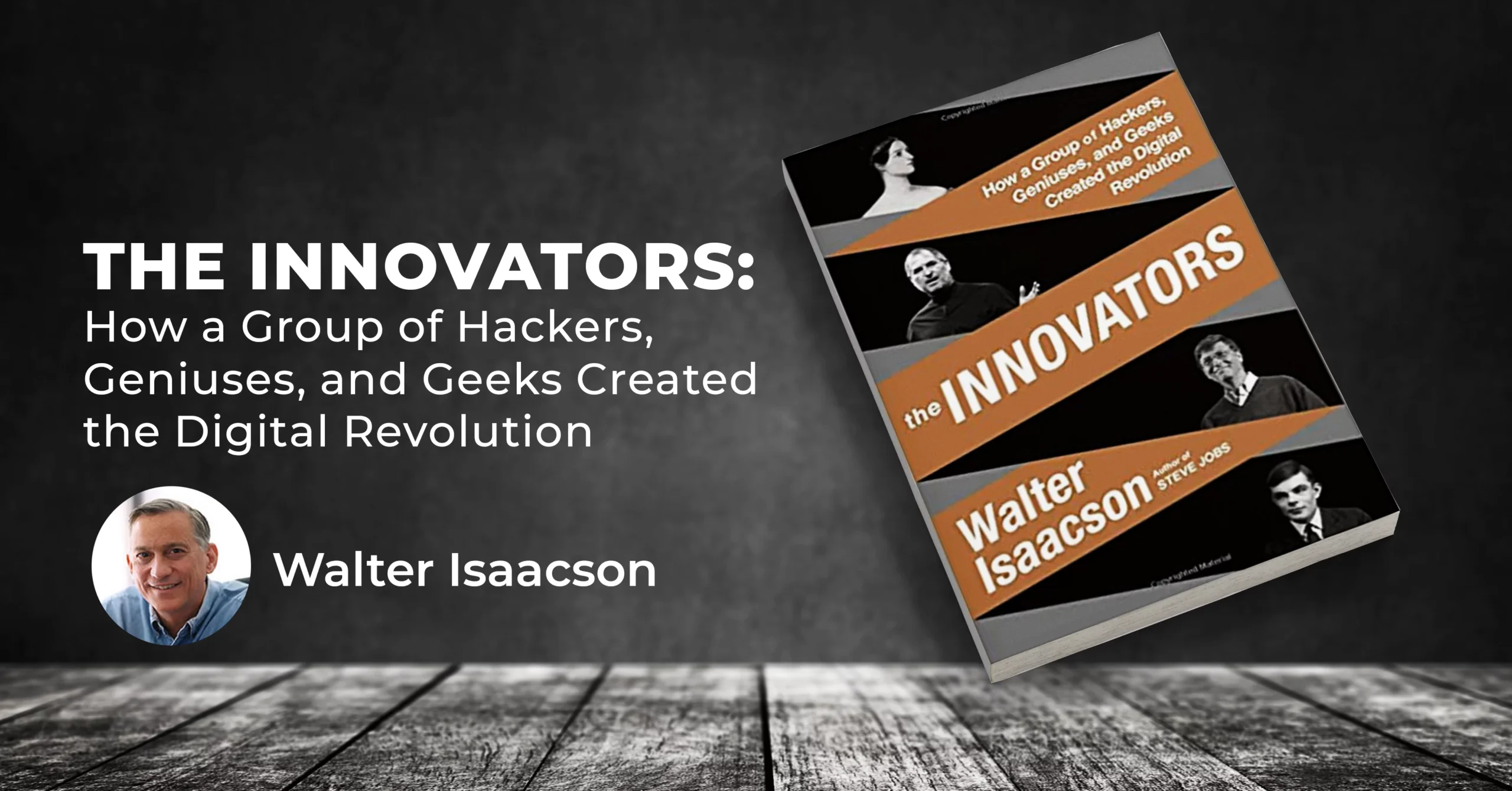Who Invented the Computer?
I am reading the Innovators by Walter Isaacson. Thanks Ryan Van Hoozer for recommending this book. In his book, Walter writes about the invention of the Computer. Walter talks about many scientists, including George Stibitz, Herman Zuse, and more, who pioneered the invention of the computer. However, the two main contenders to take credit for the invention of the computer are Jon Vincent Atanasoff from Iowa, who almost built the Computer but abandoned it. ENIAC – completed by Presper Eckert and John Mauchly in November 1945, was the first machine that performed computer functions. It worked better compared to Atanasoff’s invention.
Who would get the credit in history for the invention of the Computer?
John Mauchly visited Jon Vincent Atanasoff from Iowa for four days in June 1941. There was a lot of cross learning for Mauchly from Atanasoff. Later, this led to a legal dispute with the patents of Presper Eckert and John Mauchly nullified.
Walter writes that great ideas are a result of ideas that flow from a large number of sources. If one is able to draw ideas from multiple sources, it leads to innovation and invention.
Mark 1 was a general-purpose electromechanical computer used in World War II (War mobilizes science). Grace Hopper was an American Computer Scientist and one of the first programmers of Mark 1. She wrote a book on Mark 1 which talked about the history of Mark 1 and a guide to programming it. She collaborated with Howard H Aiken (March 8, 1900 – March 14, 1973) – the original conceptual designer behind Mark 1 (Source: Wikipedia). Walter writes that shortly after Harper’s book on Mark 1, IBM commissioned a team to write on the history of Mark1 that gave primary credit to the IBM Teams in Endicott, New York. IBM’s interests were best served by replacing individual history with organizational history (according to Hustorinain Kurt Beyer).
Had Atanasoff had more avenues to collaborate and been in a better ecosystem – it could have been a different result, and he might not have abandoned his invention. One thing we can learn from this. Innovation and Inventions are always collaborative efforts. It is all about gathering all the information, doing our own research, and connecting the dots.




Leave a Reply